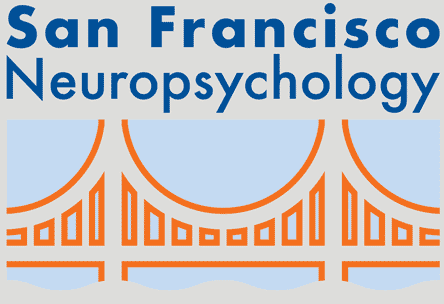Brain tumors can cause changes to one’s thinking skills, but so can treatments. Surgery to remove a tumor, chemotherapy, and radiation all may have effects on an individual’s ability to focus, concentrate, pay attention, remember, plan, organize, solve problems, etc. A neuropsychological evaluation can aid with helping you understand where your challenges lie and what your strengths are so that you can use your strengths to help you overcome your challenges. A neuropsychological evaluation also provides you with an individualized treatment plan to help you recover your thinking skills and function as well as you can as soon as you can.
Recommendations: Children recovering from brain tumors and treatments may benefit from school accommodations. Adults may benefit from cognitive remediation and cognitive behavioral therapy (CBT). One of the more important targets in therapy with people recovering from brain tumors is fatigue management.
Fatigue management includes
- Get your sleep! Go to bed around the same time each night. Nap in the day if necessary.
- Put your cognitive “heavy lifting” in the part of the day that you think best. This is a good strategy if you know there are some tasks that you can accomplish sometimes, but other times you are just too tired to get them done. Plan your day. If you’re better in the morning, do these tasks in the morning.
- Be realistic about how much you can get done. If you can only do a couple of complex things each day, don’t plan on doing 5 major things in one day. Think of your energy as a gas tank, and you only have so much to burn each day.

